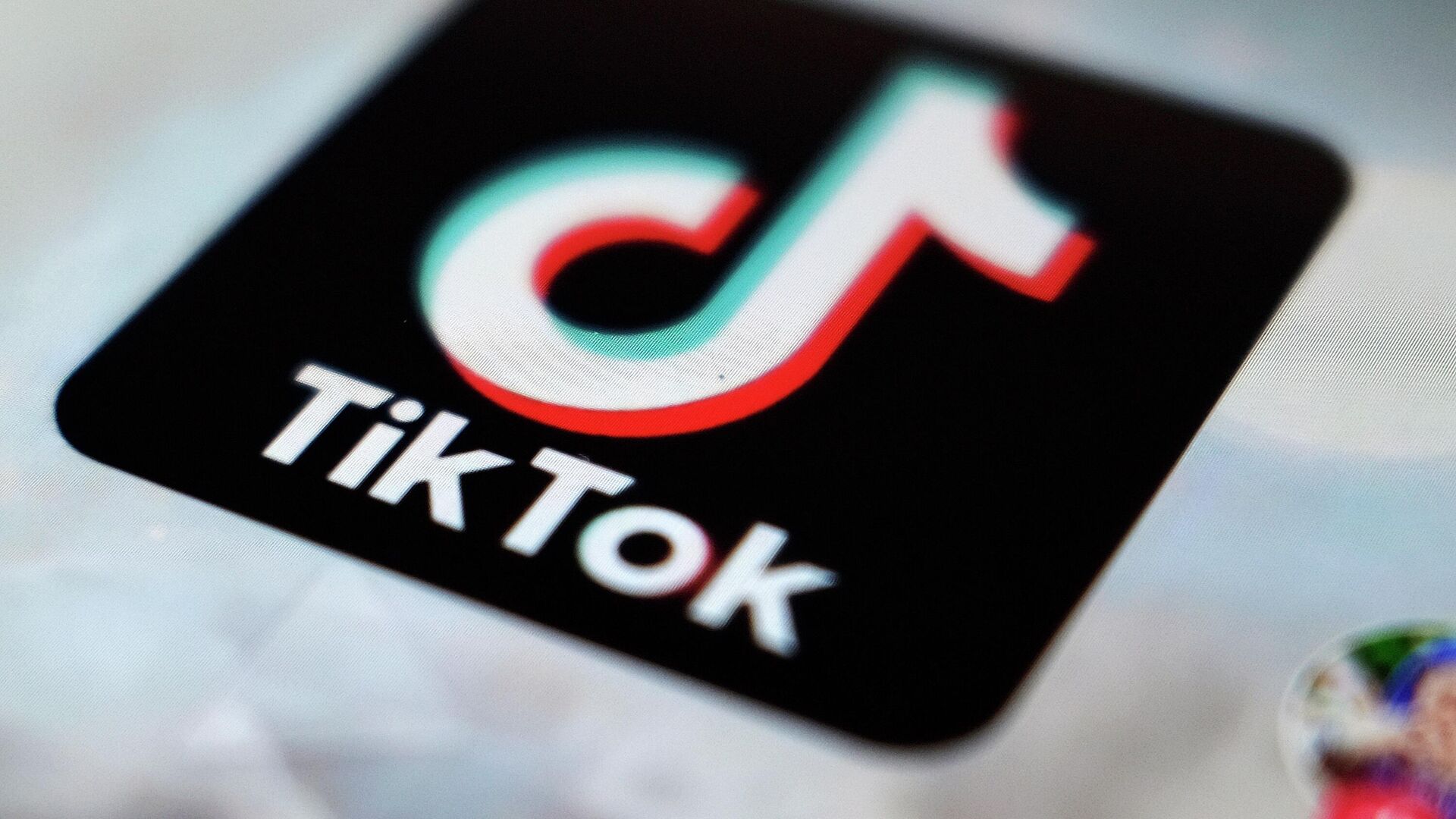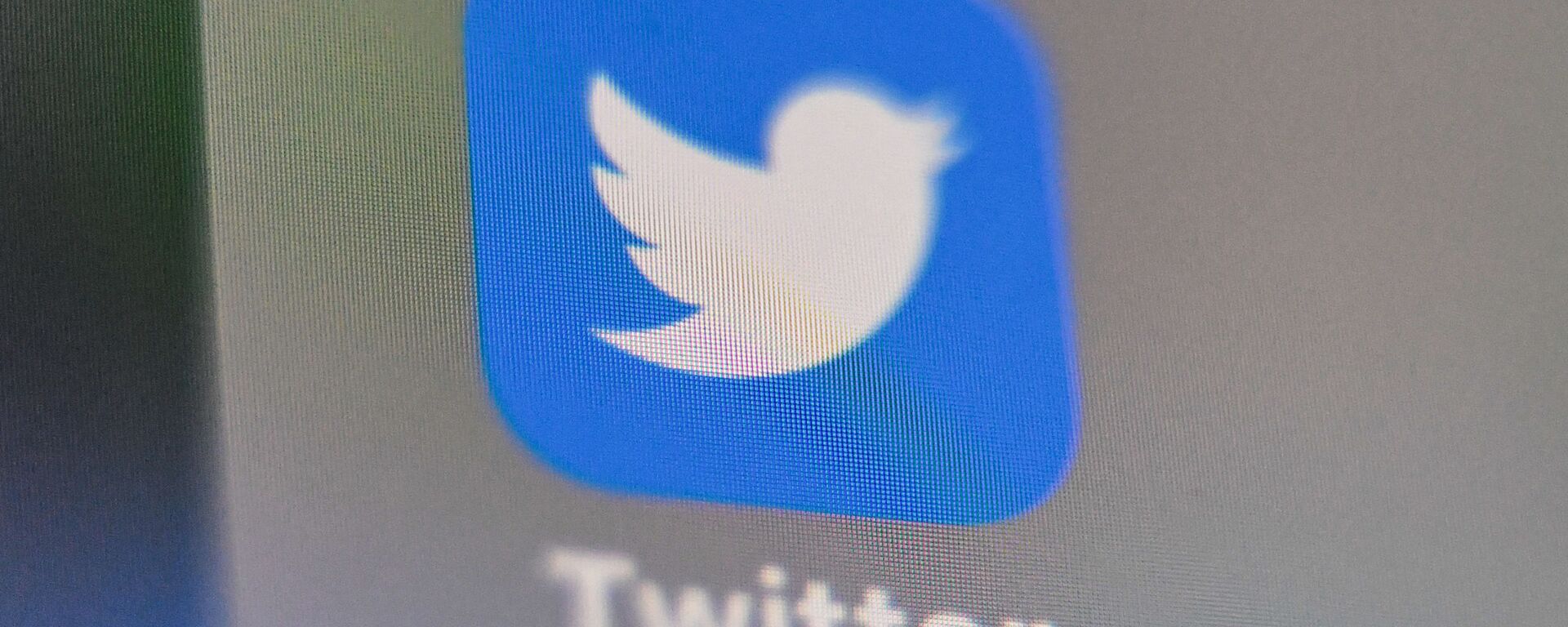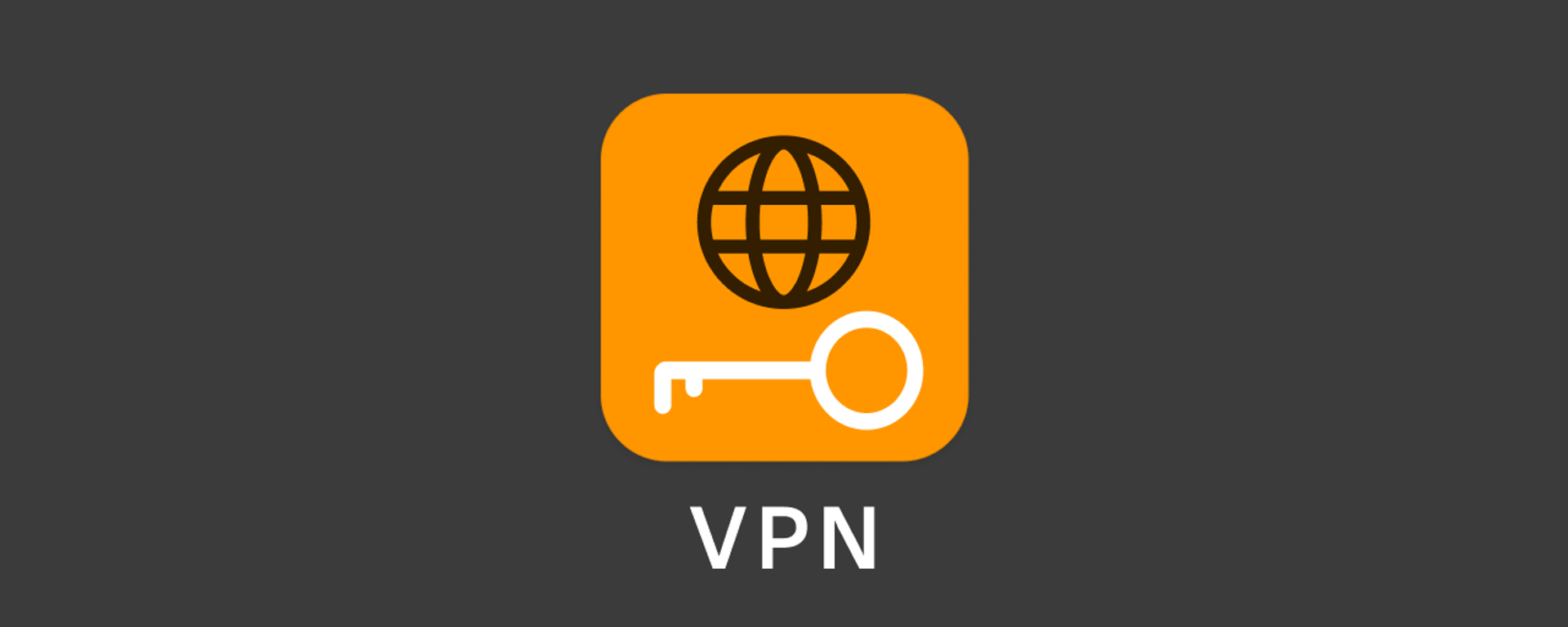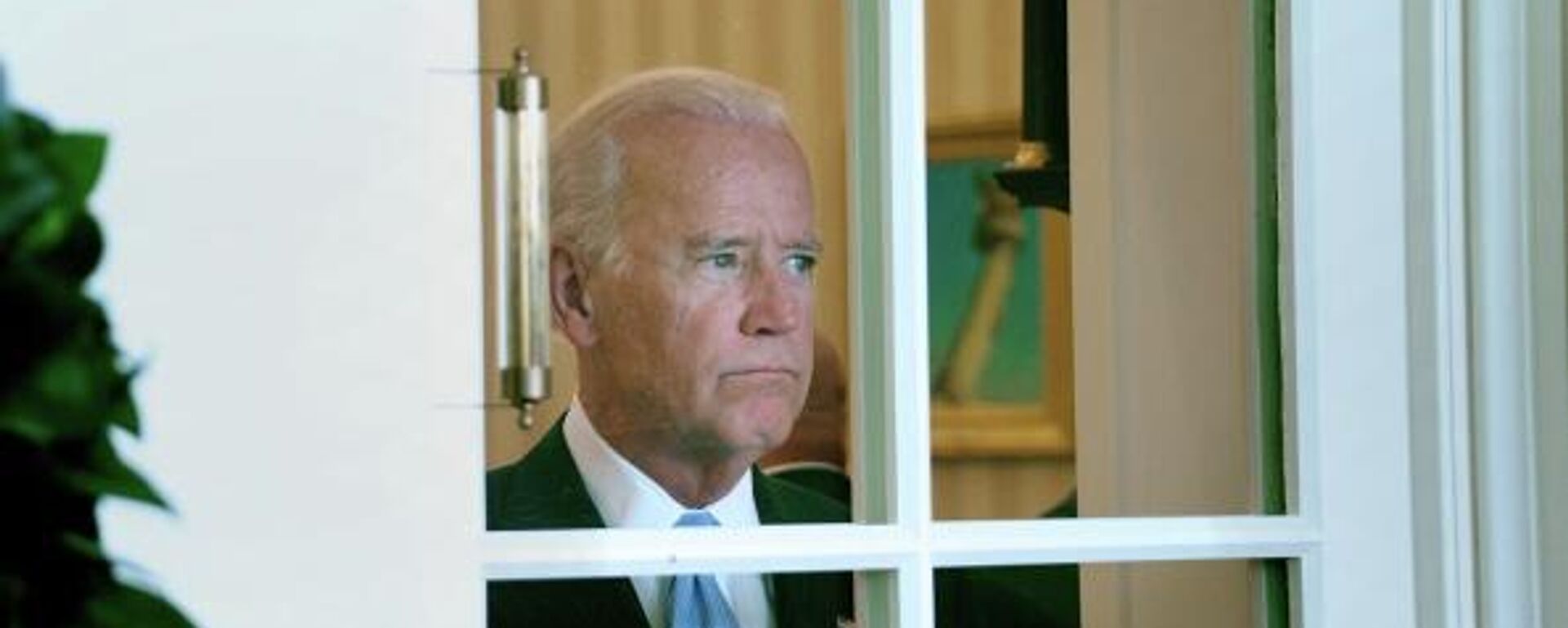https://sputnikglobe.com/20220830/germany-and-frances-last-hope-in-guerrilla-info-war-with-russia-tiktokers-and-youtubers-1100191330.html
Germany and France’s Last Hope in Guerrilla Info War With Russia? TikTokers and YouTubers
Germany and France’s Last Hope in Guerrilla Info War With Russia? TikTokers and YouTubers
Sputnik International
The escalation of the eight-year-old security crisis in Ukraine into a large-scale conflagration between Kiev and Moscow has been accompanied by attempts by... 30.08.2022, Sputnik International
2022-08-30T18:44+0000
2022-08-30T18:44+0000
2025-04-07T11:04+0000
media
youtube
tiktok
germany
russia
france
social media
censorship
viral news
https://cdn1.img.sputnikglobe.com/img/07e6/08/14/1099786674_0:304:3000:1992_1920x0_80_0_0_43ee27e2eb94a72edbaa4711f9e4ec86.jpg
French and German authorities have reportedly prepared a discussion paper proposing ways to combat Russian “propaganda” inside the country and to circumvent censorship by using local TikTokers, YouTubers, Telegram channels, Facebook* and VKontakte to disseminate Western-funded “media literacy courses.”The paper, seen by Bloomberg and entitled ‘Defending the international order in an age of systemic rivalry: EU-Russia relations,’ reportedly calls on the European Union to seek out “creative ways” to spread “independent information” among the masses of internet-savvy Russians.The Franco-German document, circulated to officials ahead of Tuesday and Wednesday’s EU foreign ministers’ meeting, also proposes “technical measures against Russian censorship” via a so-called ‘Internet Censorship Circumvention Hub.’Bloomberg does not provide any further details on the proposed hub or how it would work. It would be informative to know whether it would allow EU residents to freely read Russian news websites such as Sputnik – which were banned across the bloc in early March for providing ‘verboten’ alternative perspectives on the conflict in Ukraine, and other topics.The document also touches on growing calls among some members of the EU to ban Russian citizens from visiting the bloc, pointing to what it calls the “transformative power of experiencing life in democratic systems at first-hand” on Russian minds. The paper challenges the visa ban idea, emphasizing the need “to prevent feeding the Russian narrative and trigger[ing] unintended rallying-around the flag effects and/or estranging future generations” of Russians.On closer inspection, the Franco-German paper’s stated goal of giving Russians alternative sources of information and the tools to circumvent censorship seems dubious at best, with ordinary Russians retaining access to YouTube and all of its political content (both pro- and anti-government, plus Ukrainian media). Twitter, Facebook* and Instagram* continue to be used by many younger Russians despite blocks via tools like VPNs. At the same time, unlike Google, which has recently been accused of heavily censoring and curating its search results en masse, Russia’s Yandex has been able to retain more organic and balanced search results, especially in English.France and Germany’s proposal to ramp up the information war with Russia over Ukraine comes against the background of a growing number of worrying articles in Western media on how Russia is “winning” hearts and minds online, notwithstanding direct censorship by Western governments, and social media giants’ attempts to filter what people can see and read.Last week, Tokyo-based cybersecurity analytics firm Terilogy Worx discovered that that pro-Russian hashtags and posts began to outnumber pro-Ukraine ones on Twitter from late May onwards as the Western public’s interest in the Ukrainian conflict began to wane, and as Russian media accounts of the situation on the ground began to break through.* The activity of Meta (Facebook and Instagram) is banned in Russia over extremism.
https://sputnikglobe.com/20220804/twitter-blocks-ria-novosti-accounts-in-eu-and-uk-1098109276.html
https://sputnikglobe.com/20220819/banned-from-reading-sputnik-1099763143.html
https://sputnikglobe.com/20220615/two-us-states-file-motion-against-biden-for-suppressing-free-speech-on-social-media-1096321050.html
germany
russia
france
Sputnik International
feedback@sputniknews.com
+74956456601
MIA „Rossiya Segodnya“
2022
News
en_EN
Sputnik International
feedback@sputniknews.com
+74956456601
MIA „Rossiya Segodnya“
Sputnik International
feedback@sputniknews.com
+74956456601
MIA „Rossiya Segodnya“
media, youtube, tiktok, germany, russia, france, social media, censorship, viral news
media, youtube, tiktok, germany, russia, france, social media, censorship, viral news
Germany and France’s Last Hope in Guerrilla Info War With Russia? TikTokers and YouTubers
18:44 GMT 30.08.2022 (Updated: 11:04 GMT 07.04.2025) The escalation of the eight-year-old security crisis in Ukraine into a large-scale conflagration between Kiev and Moscow has been accompanied by attempts by Western nations to censor Russian foreign language media such as Sputnik and RT, and a simultaneous ramping up of the use of trolls, AI and social media algorithms to target ordinary Russians.
French and German authorities have reportedly prepared a discussion paper proposing ways to combat Russian “propaganda” inside the country and to circumvent censorship by using local TikTokers, YouTubers, Telegram channels, Facebook* and VKontakte to disseminate Western-funded “media literacy courses.”
The paper,
seen by Bloomberg and entitled ‘Defending the international order in an age of systemic rivalry: EU-Russia relations,’ reportedly calls on the European Union to seek out “creative ways” to spread “independent information” among the masses of internet-savvy Russians.
The Franco-German document, circulated to officials ahead of Tuesday and Wednesday’s EU foreign ministers’ meeting, also proposes “technical measures against Russian censorship” via a so-called ‘Internet Censorship Circumvention Hub.’
Bloomberg does not provide any further details on the proposed hub or how it would work. It would be informative to know whether it would allow EU residents to freely read Russian news websites such as Sputnik – which were
banned across the bloc in early March for providing ‘verboten’ alternative perspectives on the conflict in Ukraine, and other topics.
The document also touches on growing calls among some members of the EU to ban Russian citizens from visiting the bloc, pointing to what it calls the “transformative power of experiencing life in democratic systems at first-hand” on Russian minds. The paper challenges the visa ban idea, emphasizing the need “to prevent feeding the Russian narrative and trigger[ing] unintended rallying-around the flag effects and/or estranging future generations” of Russians.
On closer inspection, the Franco-German paper’s stated goal of giving Russians alternative sources of information and the tools to circumvent censorship seems dubious at best, with ordinary Russians retaining access to YouTube and all of its political content (both pro- and anti-government, plus Ukrainian media). Twitter, Facebook* and Instagram*
continue to be used by many younger Russians despite blocks via tools like VPNs. At the same time, unlike Google, which has recently
been accused of heavily censoring and curating its search results en masse, Russia’s Yandex has been able to retain more organic and balanced search results, especially in English.
France and Germany’s proposal to ramp up the information war with Russia over Ukraine comes against the background of a
growing number of worrying articles in Western media on how Russia is
“winning” hearts and minds online, notwithstanding direct censorship by Western governments, and social media giants’ attempts to filter what people can see and read.
Last week, Tokyo-based cybersecurity analytics firm Terilogy Worx
discovered that that pro-Russian hashtags and posts began to outnumber pro-Ukraine ones on Twitter from late May onwards as the Western public’s interest in the Ukrainian conflict began to wane, and as Russian media accounts of the situation on the ground began to break through.
* The activity of Meta (Facebook and Instagram) is banned in Russia over extremism.




